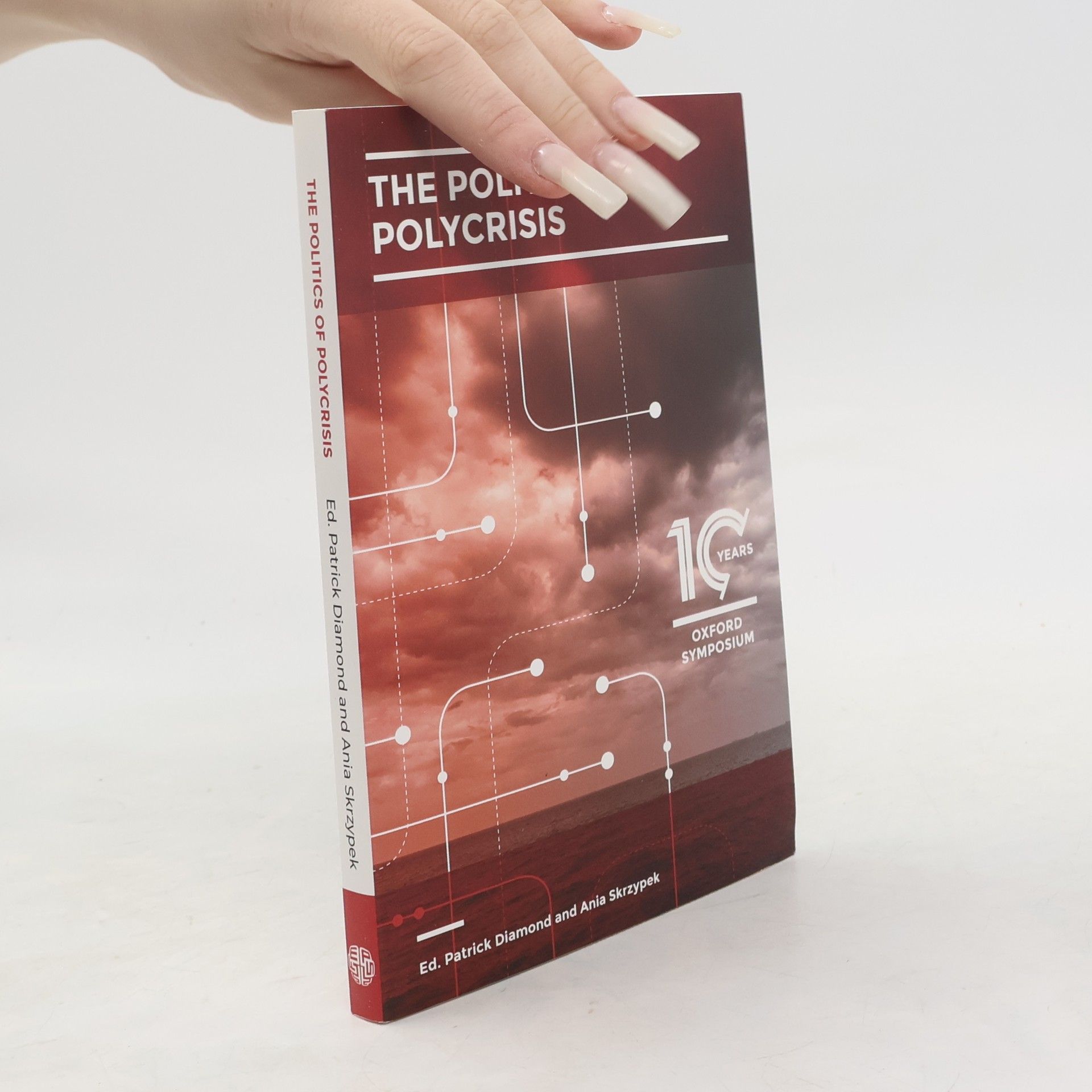Labour's Civil Wars
- 360 stránok
- 13 hodin čítania
A highly readable history of the Labour party and its civil wars.





A highly readable history of the Labour party and its civil wars.
This book examines the history of Labour's civil wars and the underlying causes of the party's schisms, from the first split of 1931, engineered by Ramsay MacDonald, to the ongoing battle for the future between the incumbent, Keir Starmer, and those who fundamentally altered the party's course under his predecessor, Jeremy Corbyn.
Forward March Halted?
Focusing on the Labour party's journey since 1979, the book explores how New Labour sought to redefine post-war social democracy by reshaping its fundamental political concepts. It delves into the party's strategies during both opposition and governance, providing insights into the challenges and transformations that defined its approach to contemporary politics.
This book analyses the Labour party's evolution over the course of post-war history, identifying and probing major changes in the party's doctrine, strategy and ethos. It focuses on how Labour has interpreted and responded to economic and social change at decisive 'turning-points' in post-war history. It aims to break out of conventional narrative accounts of Labour history, focusing on decisive points of transformational change in the party's development. It raises a perennial concern of present-day debate, namely whether Labour is a party capable of transforming the ideological weather, shaping a new paradigm in British politics, or whether it is a party that should be content to govern with parameters set by its Conservative opponents. The aim throughout is to focus on the role of ideas in driving first, second, and third order change within parties, adopting Peter Hall's model of 'paradigm shifts'. This text will be of key interest to scholars and students of British Politics, political parties, British political party history, Labour Party history and contemporary history.
To respond to the rising challenges of insecurity and inequality that plagued advanced capitalist countries in recent years, social democratic parties urgently need a new intellectual paradigm. Forging new ideas means being prepared to enter into dialogue with other political traditions. Overcoming political paralysis necessitates moving radically beyond stale and out of date "tax-and-spend" solutions to the economic and social problems of our age. That means forging a new approach to market capitalism that tackles concentrations of corporate and market power, governing in the public interest. It is essential to cultivate institutions between the traditional state and the free market that provide community attachment, respect for traditional roles, and a sense of mutual obligation. To find a path back to power, social democrats must combine a forward-looking agenda for inclusive prosperity with protecting the pillars of securitythat give meaning to our lives in an era of unprecedented instability and upheaval.